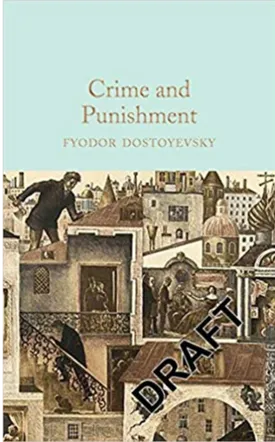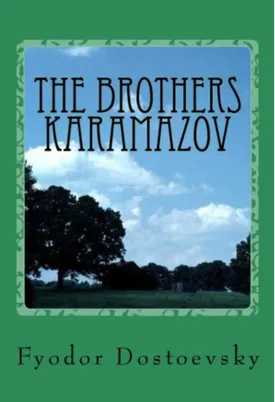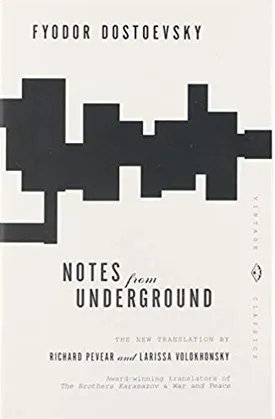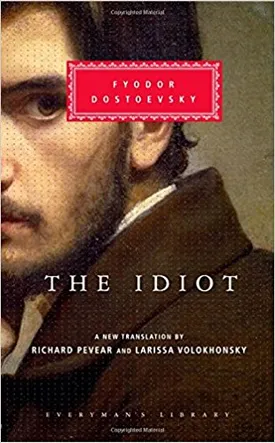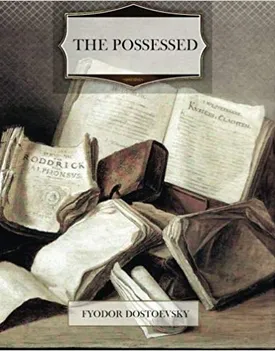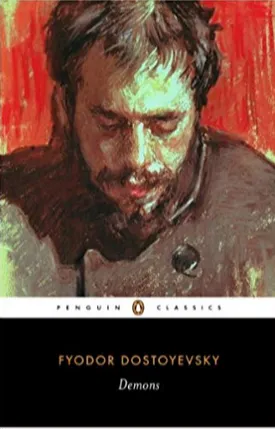Fyodor Dostoevsky
Fyodor Dostoevsky was a celebrated 19th century Russian novelist and essayist, widely regarded as one of the greatest writers in world literature. His insightful and profoundly philosophical works of fiction examine the depths of the human soul, and explore the seemingly endless possibilities of human nature – both the good and the bad.
Born in Moscow on 11 November 1821, Dostoevsky was the second son of a poor doctor who worked for the state medical service. From a young age, Dostoevsky displayed an intense curiosity about the world and a great appetite for reading. He was educated primarily at home, and was deeply influenced by the works of Nikolai Gogol, Ivan Turgenev, and Alexander Pushkin.
At the age of 18, Dostoevsky entered the Academy of Military Engineers in St. Petersburg. Although he was never a gifted student, he soon gained renown among his fellow students for his sharp wit and brilliant improvisational skills. In 1844, he was unexpectedly arrested, convicted of revolutionary activity and sentenced to death. At the last minute, however, his sentence was commuted to four years of hard labour in Siberia. This experience marked a turning point in his life, as he was given the chance to contemplate his life, his relationships, and his own moral development in an isolated environment.
The harsh physical and psychological break from society afforded Dostoevsky the opportunity to deepen his studies of literature, philosophy and theology. Through these pursuits, Dostoevsky developed a strong sense of spiritualism and existentialism, themes that come through in his literary works.
In the years that followed his return from Siberia, Dostoevsky embarked on a career as a writer and began to make a name for himself with his great works of fiction that explored the psychological complexities of the human condition. His novellas, “White Nights” and “Notes from the Underground”, earned him a reputation as a passionate and poetically-minded author, popular with the intelligentsia of 19th-century Russia.
Dostoevsky's major novels were likewise critically acclaimed for their sweeping exploration of the moral ambiguities of life as well as their moral and spiritual insights about human nature. Thus, his novel Crime and Punishment was an unflinching examination of guilt and redemption, The Brothers Karamazov a compelling study of faith and doubt, and The Idiot an investigation of a hero's spiritual and moral commitment to the world.
His works of fiction remained enormously popular throughout the 20th century and beyond, inspiring generations of readers and providing rich source material for artists, composers, filmmakers and philosophers. In addition to inspiring one of the great modern literary movements, Dostoevsky's writings have also had a deep impact on global culture.
Fyodor Dostoevsky carried with him an unusual intensity and urgency to his work; he was passionate in his desire to examine the human soul, questioning and testing the boundaries of human experience and morality. He was an authentic and unconstrained spirit, never afraid to explore the complexities of human nature, and to express his own unique thoughts on life, faith and inner struggle. His influence, both in Russia and throughout the world, is still felt today and he will continue to be remembered as one of the great artists and thinkers of the 19th century.

